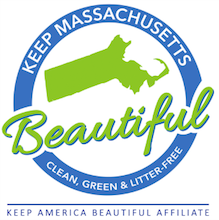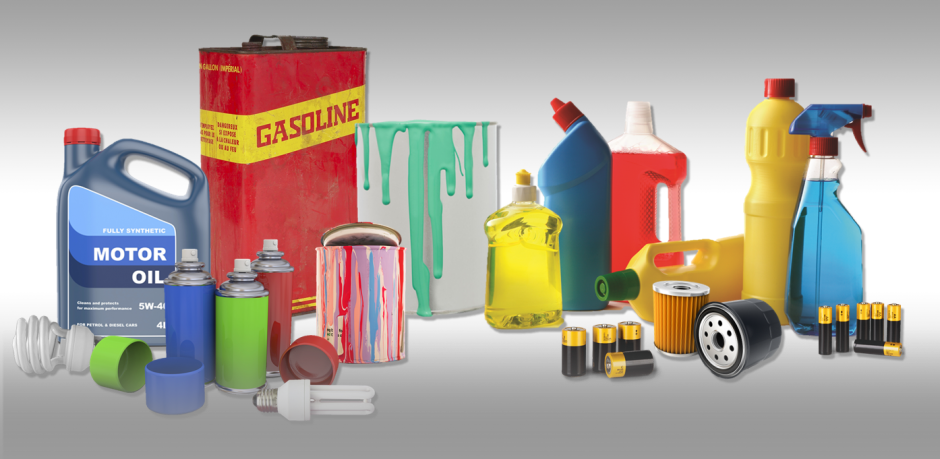How to Dispose of Household Hazardous Waste Safely
Every household produces hazardous household waste—items that should not be disposed of in the trash or recycled curbside. These items have specific disposal requirements and need to be handled with care.
The Environmental Protection Agency (EPA) defines household hazardous waste (HHW) products as those that can “catch fire, react, or explode under certain circumstances, or that are corrosive or toxic.” Disposing of HHW products in the trash or by adding them to recycling bins is harmful to the health of humans, animals, and the environment.
Common HHW products that are disposed of incorrectly in the trash include paint cans and brushes, batteries, household cleaners, pesticides, fluorescent lightbulbs, thermostats, thermometers, and prescription medications.
Some HHW items that may contain hazardous materials, such as heavy metals (lead, copper, chromium, and cadmium), include television and computer monitors, cell phones, microwave ovens, and printers, should not be thrown in the trash and have special disposal requirements.
Aerosol cans are another HHW item. They are often toxic because they contain flammable contents such as butane. Look for the words TOXIC or FLAMMABLE on your aerosol cans. Those cans should not be thrown in the trash unless they are completely empty.
Car fluids such as antifreeze, motor oil, and brake fluid, cleaners such as chlorine bleach and drain cleaners, and common household items such as fire extinguishers, contact cement, chemical strippers, and smoke detectors are also hazardous and need to be disposed of in specific ways.
The product labels on HHW products contain information on the use, storage, and disposal of the product. Following the disposal requirements on the product label is the only way to ensure that the product doesn’t harm humans, animals, or the environment.
It’s not difficult to properly dispose of HHW. Almost every city and town holds HHW collection days. You can call your city or town hall or look on their website to see the collection schedule. HHW products can usually be stored safely in a garage or shed until collection day. If your city or town doesn’t offer an HHW collection day or a dropoff site, you can still find places close to you to dispose of these products. Massachusetts has an abundance of facilities that dispose of HHW responsibly. There are one-day collection events, permanent collection sites, and mobile collection units. See the website link at the end of this article to find one near you.
The short-term effect of incorrectly disposing of HHW products is water pollution. The chemicals from HHW products seep into the groundwater and affect all waterways, including streams, lakes, rivers, aquifers, wastewater treatment systems, and oceans. Waters contaminated with these chemicals cause damage to humans, animals, plants, and insects.
The long-term effects of HHW chemicals in the groundwater are mutations in animals, cancer, and other diseases in humans and animals, destruction of natural resources, and the shrinking population of bees and other insects that are necessary to a healthy environment.
One of the best ways to combat the effects of HHW contamination is to stop using them as much as possible. Many HHW products can be eliminated by creating your own. For example, many cleaners, such as glass cleaner, furniture polish, and rug deodorizer, can be made from safe household ingredients such as lemon juice and baking soda instead of store-bought products containing unsafe chemicals.
For drainage issues, instead of using a chemical-filled drain cleaner, try a snake, which is usually much more effective and completely safe. See the table below for links to many more ideas for homemade and safe products. Another option is to purchase the many environmentally friendly, nonhazardous household cleaning products on the market. See the link in the table below for where to find these products.
Household hazardous waste is damaging to everyone and everything on the planet. It’s imperative to dispose of HHW products safely and responsibly and to eliminate the use of these products as much as possible.


